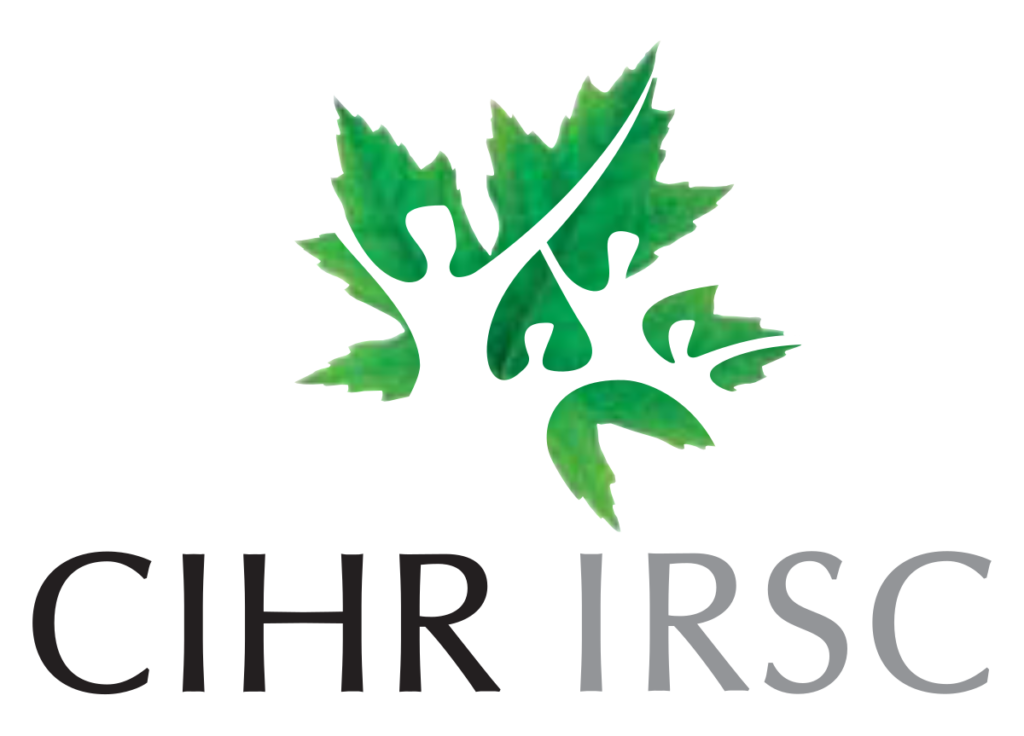Meet Our Team

Helen Brown (she/her)
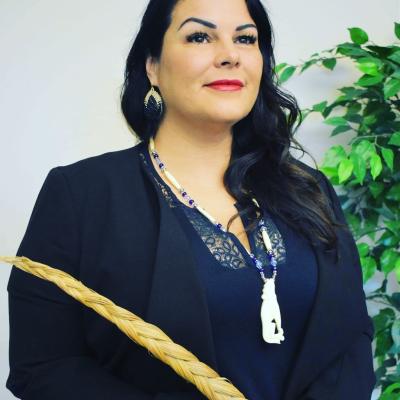
Chas Coutlee (she/her)
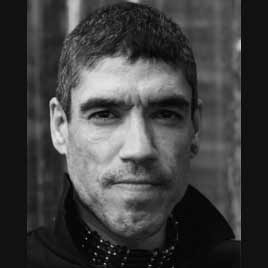
Nicolas Crier (he/him)
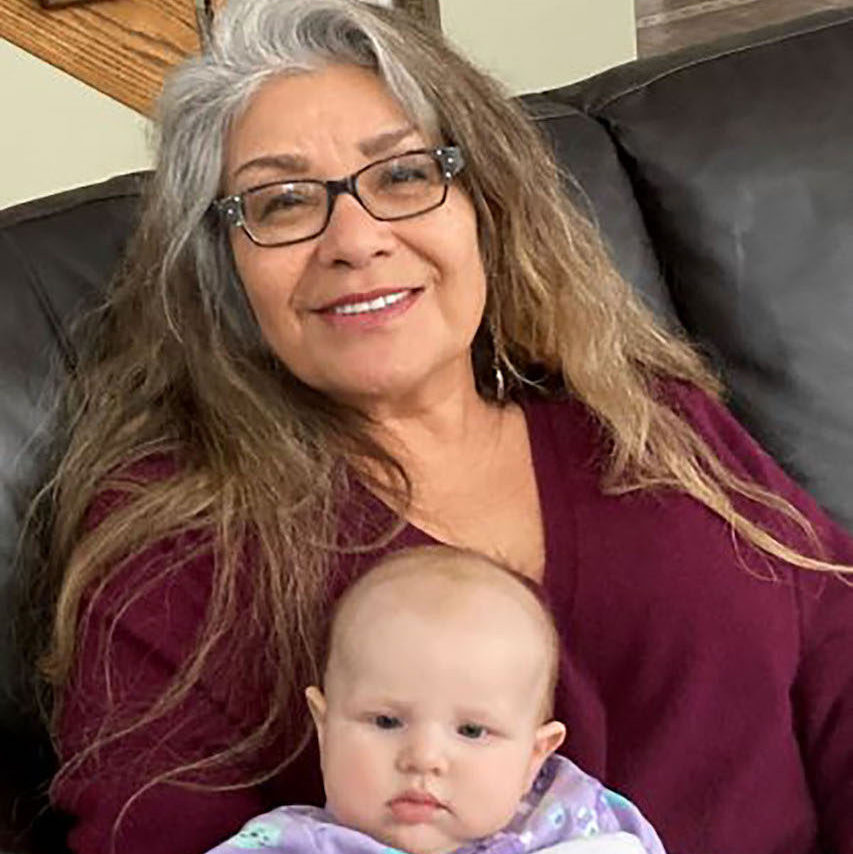
Anita Olsen Harper (she/her)

Patrick Keating (he/him)
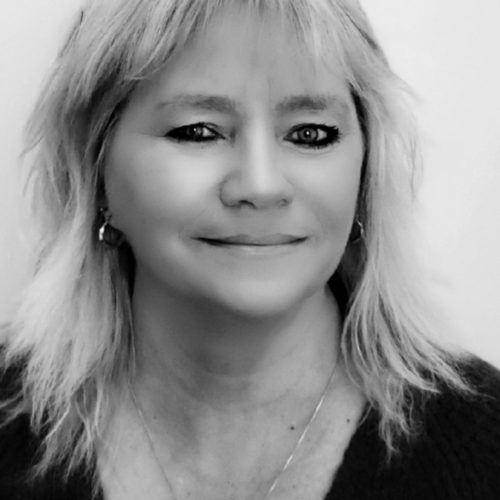
Mo Korchinski (she/her)

Angela Phan (she/her)
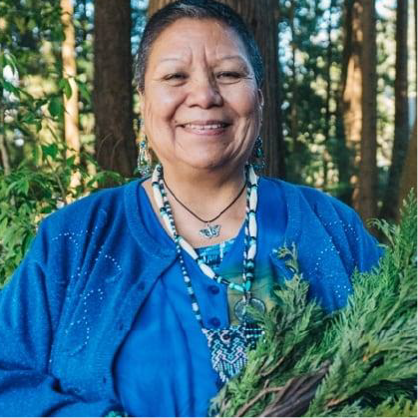
Elder Roberta Price
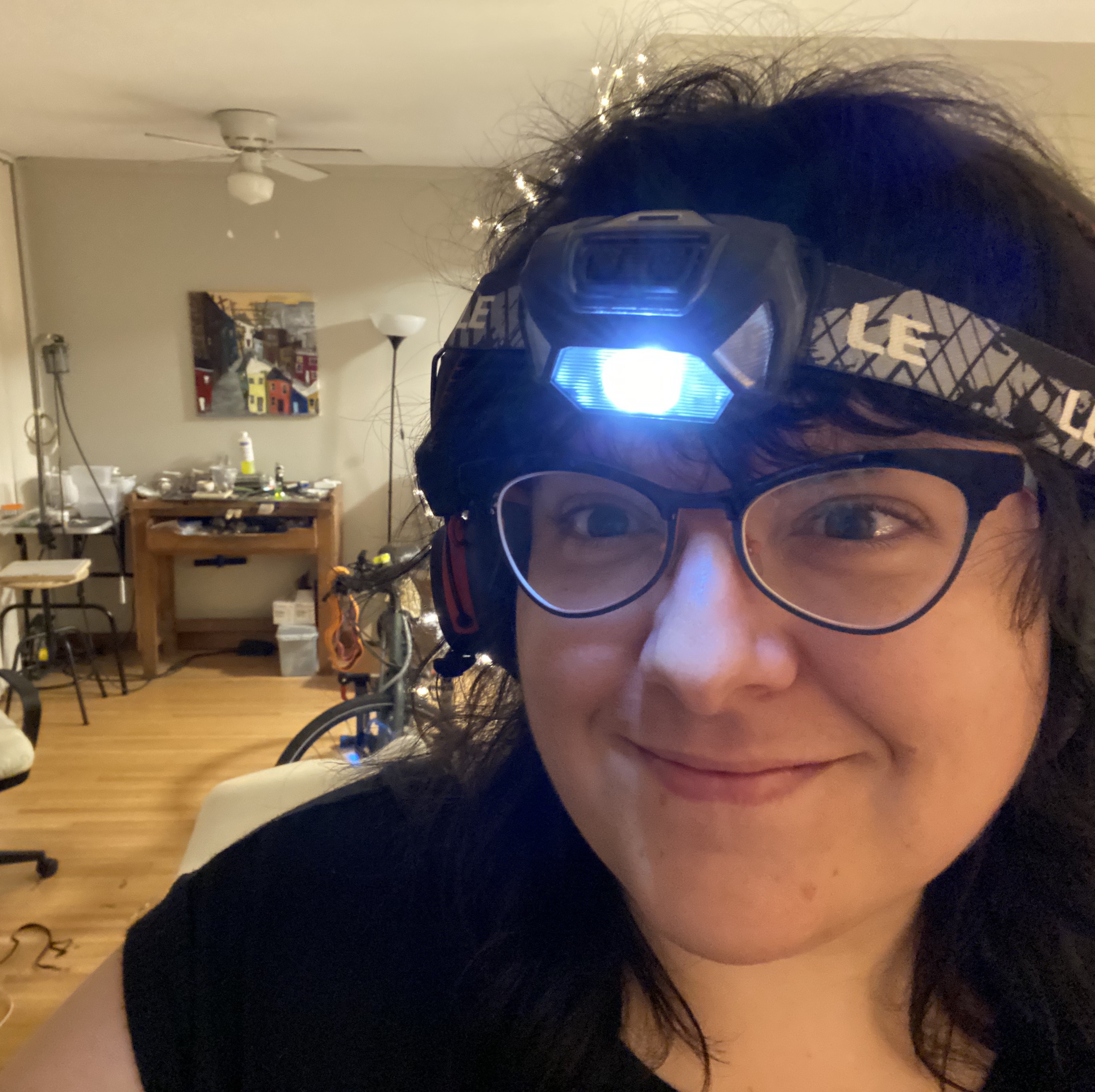
Amanda Slaunwhite (she/her)
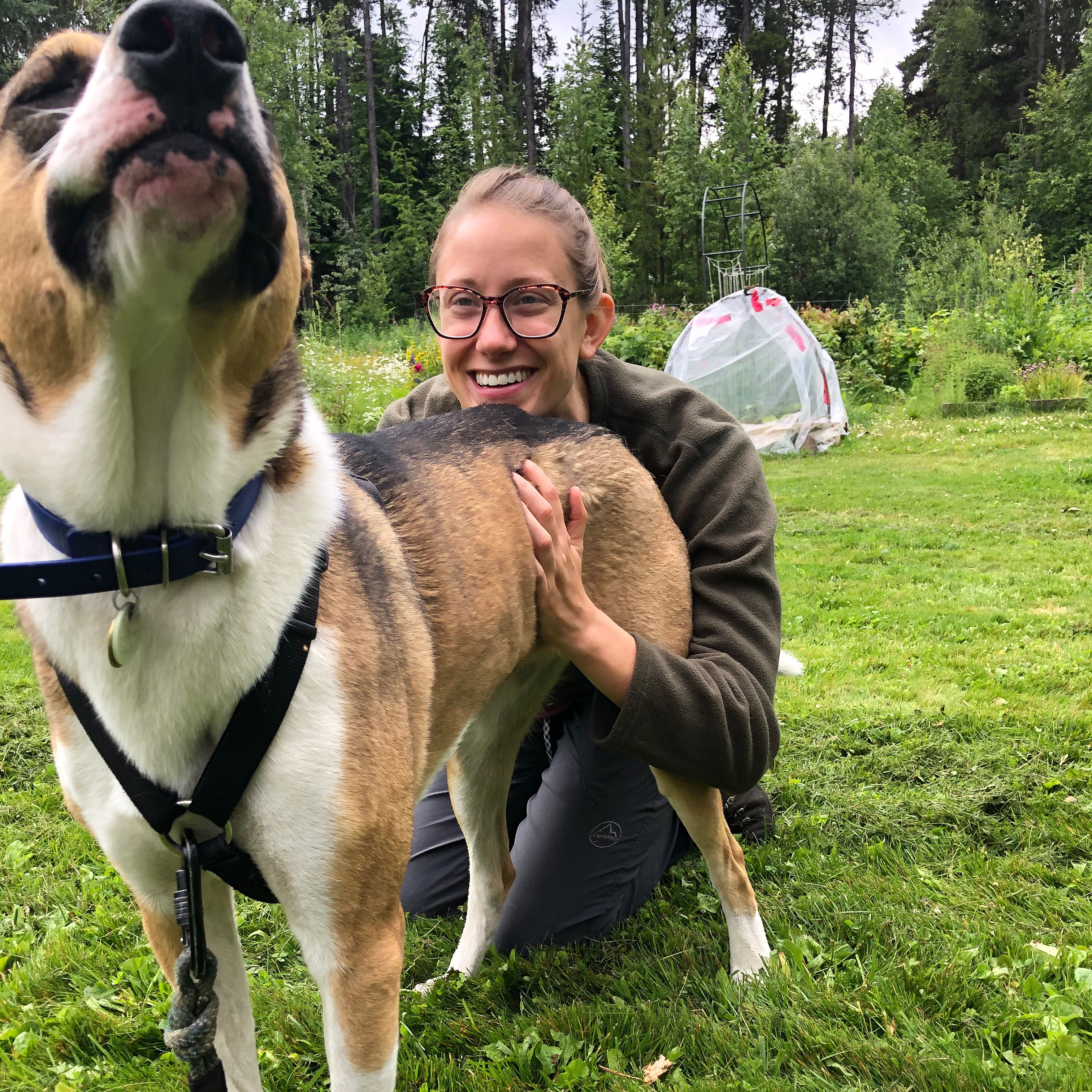
Kelsey Timler (she/her)
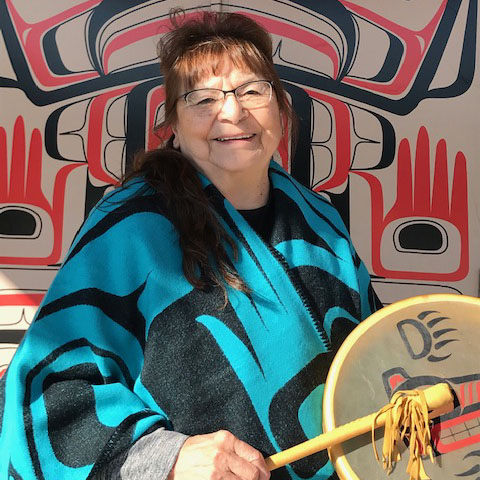
Elder Jean Wasegijig

Pam Young (she/her)
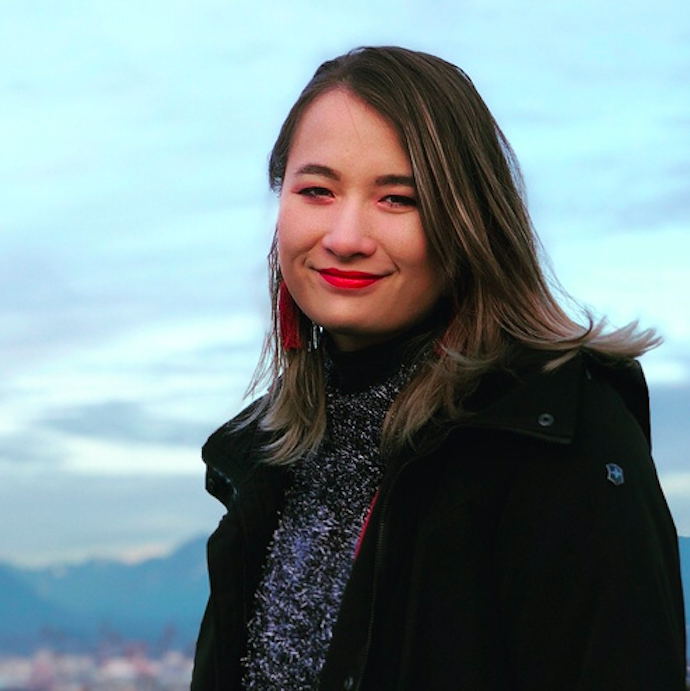
Samantha Young (she/her)
Helen Brown (she/her)
Dr. Helen Brown is an Associate Professor with the UBC School of Nursing. Dr. Brown’s research brings critical perspectives to studies aimed at improving health and social equity for rural and remote Indigenous communities. Using community-based and participatory methods she has worked with First Nations communities across Western Canada on projects that align with community priorities around health, wellness, cultural continuity and language revitalization. She is currently the lead on a program of research that investigates impacts of a prison-community partnership program on Indigenous inmate and community health, wellbeing and rehabilitation.
Chas Coutlee (she/her)
My name is Chas Coutlee. My traditional name given to me by my maternal grandmother is Sulinek. I am interior Salish from the Nla’kapamux nation on my maternal side of my lineage . I am grateful to live on the traditional, ancestral, and unceded territories of the xʷməθkʷəy̓əm (Musqueam), Sḵwx̱wú7mesh (Squamish) Selilwitulh (Tsleil-Waututh), peoples. I have lived here with my daughter and soon-to-be first grandchild for a decade. My late father comes from Newfoundland and spent most of his life in BC. I have a Bachelor of Social Work from Nicola Valley Institute of Technology (NVIT). I also completed the certificate, diploma and advanced diploma in chemical addictions at NVIT. My most cherished role in life is as a mother.
How do you express your creativity?
I express my creativity in different ways. In elementary school, I loved to color, paint and draw, in my teen years I expressed myself with poetry and fashion. I love to cook for people and try new foods. I was taught to be mindful of my energy and thoughts when I am cooking food. This is why I am happy when I am cooking.
Nicolas Crier (he/him)
I am an adoptee of Cree heritage and a freelance writer. At 41 years old I have spent approximately half of my life surviving in the streets and more than a decade in the Downtown Eastside. It never occurred to me that being a drug user would ever be useful, but I’ve parlayed my street smarts and community connections into a successful career as an overdose responder and outreach worker and, in 2018, became a coordinator and facilitator for the Speakers Bureau at Megaphone Magazine, addressing stigma and challenging assumptions about drug use in the DTES. I send love to my 8 year old son, Money.
What does art mean to you?
To me, “art” is about an opportunity to express the things on human nature that can be expressed in no other way, by no other person, at no other time or place, making it the one true thing a human can call their own. A verifiable fact that cannot be taken away, or added to, or manipulated or judged. It belongs to you, for real, forever. So, I try to make it count, and it only does that if you share it. Neat, eh?
Anita Olsen Harper (she/her)
Nii shinnii kahz Anita Olsen Harper. From a pronoun perspective, I am objectively called “her” or “she”; I call myself “me” or “I”. I belong to the land of my ancestors, the ascendants of William and Emma Keesick.
I strongly believe in non-punitive based justice, of restoration, reconciliation and of re-setting. All beings must be treated with dignity and respect, and if they are not, the repercussions fall on those who are mistreated, and those who surround them. Repercussions also fall on those who initiate the mistreatment, and those who surround them. This is why goodwill, good treatment of and behaviour towards others is so important—the world as it becomes is the result of all this activity
What is your favourite creative hobby?
Writing.
Patrick Keating (he/him)
I’m a peer co-lead with the Transformative Health and Justice Research Cluster. I’m originally from Montreal but I’ve been living in B.C. for over 30 years. I have over 10 years of lived experience within the Criminal Justice System. I served a three-year, a five-year, and a six-year sentence in Federal Institutions in Quebec and British Columbia. After my last sentence, I pursued and received a Bachelor of Arts Degree majoring in Theatre from Simon Fraser University and launched a career acting on the stage and in film and television. I have over 60 credits in film in TV and over 40 credits in theatre. I’ve written a one-person show about my time in the system and am now trying to show it in a prison near you.
What does art mean to you?
It’s how I see the world. It would be a boring existence without Art.
Photo Credit: JJ Topham
Mo Korchinski (she/her)
I am the Executive Director of Unlocking the Gates Service Society (UTG). I have had a long history with substance abuse and incarceration. My lived history and experiences have shaped the program into what it is today.
I have a Bachelor of Social Work from Nicola Valley Institution of Technology and was one of UTG’s first ever Peer-Mentors. My life’s work is now dedicated to helping others break the cycle of incarceration. I am an advocate for people involved in the criminal justice system and continues to push for change at a policy-level and increased supports for her community. I feel strongly about the need to address trauma and support healing for people who experience incarceration.
I am a public speaker, author, and filmmaker. I worked for many years in the field of community-based participatory research alongside the Collaborating Centre for Prison Health and Education at the University of British Columbia (UBC) and continues to bridge the gap between research and community as a Co-Lead on the Transformative Health & Justice Research Cluster (UBC), and through ongoing collaborations with various organizations throughout the province.
What does art mean to you?
Art means to me a chance to express myself and to find healing in the process. It can be in film making, writing my story or drawing illustrations of my life. I find that art can give people a unique opportunity to see the world in a different way and to find a safe place to connect with others. Art can be very powerful for someone who doesn’t know how to tap into their feelings and emotions but can find art to be a creative way to heal.
Angela Phan (she/her)
I am a recent graduate from the University of British Columbia (UBC) with a B.A. in International Relations. I am grateful to live on the traditional, ancestral, and unceded territories of the xʷməθkʷəy̓əm (Musqueam), Selilwitulh (Tsleil-Waututh), and Sḵwx̱wú7mesh (Squamish) peoples. Growing up on this land has helped foster a passion for intersectional environmentalism and I firmly believe that in order to reach environmental justice we have to aim for social justice as well.
Throughout my degree, I’ve held several co-op positions with UBC, Environment and Climate Change Canada, and have experience in non-profit work. I was also a previous volunteer with Ocean Wise as part of their Ocean Bridge program and a current delegate with BCCIC’s UN Ocean Conference. When I am not working, you can find me hiking, spending time at the beach, trying new restaurants (when it is safe to do so), and watching dog videos.
How do you express your creativity?
For me, mainly through dance, visual arts, and bad car singing!
Elder Roberta Price
Elder Roberta Price is a co-principal investigator for Critical Research in Health and Health Care Inequities and the Transformative Justice and Health Research Cluster at the University of British Columbia’s School of Nursing. As part of a team of UBC researchers, she distributes hundreds of art and journaling kits to Indigenous men in prisons and halfway houses to alleviate the dual mental health tolls of incarceration and the pandemic. As a member of the Coast Salish Snuneymuxw and Cowichan Nations, she creates shared spaces for Indigenous and Western approaches to healing and health to achieve improved health outcomes. She continues to decolonize health care and build cultural safety and equity for indigenous patients.
Amanda Slaunwhite (she/her)
Amanda Slaunwhite is a substance use and mental health researcher who leads several projects focused on reducing overdose among (formerly) incarcerated persons. Around age 10, Amanda started taking pottery and sewing lessons in Halifax NS which led to a lifelong love of the arts.
What kind of art bring you joy?
I enjoy metal smithing, knitting, screen printing and sewing in my small apartment in Vancouver BC.
Kelsey Timler (she/her)
I’m a 4th generation settler and PhD student in Interdisciplinary Studies at UBC, and work across a number of Participatory Action and Peer-led Research projects with Indigenous Peoples and others disproportionately impacted by the colonial carceral system in Canada. My background is in public health and food justice, and all of my work is founded on a commitment to health and social equity, and the joy of supporting communities to take part in the transformative power of art and storytelling. In a previous life I spent a decade as a professional cook, and have a longstanding belief in the ability of food to bring people together. I love hiking up mountains with my tent on my back and making elaborate meals for others. I am incredibly grateful to have the honour and responsibility of living on the unceded territories of the Halq’eméylem speaking Peoples of the Stό:lō Nations.
What creative activities do you love?
I used to paint quite a bit, but now I tend to focus on small crafting projects, like crocheting and wood carving. Most consistently though I create through cooking, using ingredients like paints on a palette to create something delicious and beautiful for people I love.
Elder Jean Wasegijig
I am Odawa from the Wikwemikoong Reserve, in Northern Ontario. I am Bear Clan and my spiritual name is “Good Medicine Woman” given to me at a sundance in Montana. I am a mother, grandmother and great grandmother. I am a poet, writer and artist.
I completed an Associate of Applied Arts degree at Douglas College, New Westminster BC and one year at Simon Fraser University, Burnaby BC, majoring in psychology. I completed the substance abuse counselling course at the University of the Fraser Valley in Abbotsford, BC.
I worked for twenty years with CSC as an Aboriginal program officer working with Indigenous men providing cultural supports and counselling. In the same capacity I facilitated Aboriginal programs with the women in prison in the Prairies for four years. I continued my work at Tsow Tun Le Lum Treatment Center, Lantzville BC, for three years as a program facilitator, drug and alcohol counsellor and Resident Elder. With Kilala Lelum in Vancouver, BC I facilitated Wellness Circles and Elder services.
At Vancouver Community College, I teach the Indigenous Perspectives Course, and have been an instructor there for sixteen years. I am also Resident Elder, working with the staff and provide support for the students.
“I believe that healing of the mind, spirit, emotions and body is possible, and as a result we begin to experience the ‘good life’, something we all deserve to have.”
How do you express your creativity?
I like to paint, write poetry and go for walks in the park.
Pam Young (she/her)
I have worked with Unlocking the Gates Services Society (UTG) since its inception in 2011. I am currently the Program Manager and previously worked as a Peer-Mentor for many years. I am extremely passionate about the work I do with people, and especially women, leaving prison. As somebody with lived prison experience, I recognize what a difference it could have made for my own journey to have been connected to a peer mentor during the post-release period.
I attended Nicola Valley Institute of Technology and graduated from the CHAD program with a Chemical Addictions Support Worker Certificate. I am also the Peer-Coordinator with the UBC Transformative Health & Justice Research Cluster, where I provide leadership and guidance to support social justice-oriented research activities, policy action, and community-driven change for people in prison and post-release. I have many years of experience in community-based participatory research and continue to work collaboratively with organizations across the province. I have presented at a number of international conferences, co-authored the book Releasing Hope about women transitioning from prison, and regularly present to nursing and medical students across the Lower Mainland.
What is your favourite creative hobby?
My favorite creative hobby is crocheting which I taught myself through YouTube tutorials so I could make each of my grandchildren baby blankets when they were born.
Samantha Young (she/her)
Samantha Young is a freelance artist, art instructor at the City of Burnaby, Project Coordinator with the UBC Transformative Health & Justice Research Cluster and Research Assistant with ART & Justice. She is on the board of directors for Menstruation REDefined and Unlocking the Gates Services Society. Samantha got her BFA in Drawing and Painting on a full scholarship from OCADU, specializing in Indigenous studies and art education. Her work experience is in arts programming, administration, project coordination, grant writing and working with people that have complex care needs. Samantha’s aspiration is to work in a field that makes an impact on people’s lives.
What does art mean to you?
I see art as a way to speak in a different language, but this language can be understood universally and not just for a select group. Art allows you to share a different form of expression and understanding, which allows for different forms of engagement and influences in those that view it. Art can be recycled, collaborated upon, temporary, or a piece of history. I like that you are able to chose what art wants to be for you, there are no rights or wrongs, just creativity.
Our Funders
